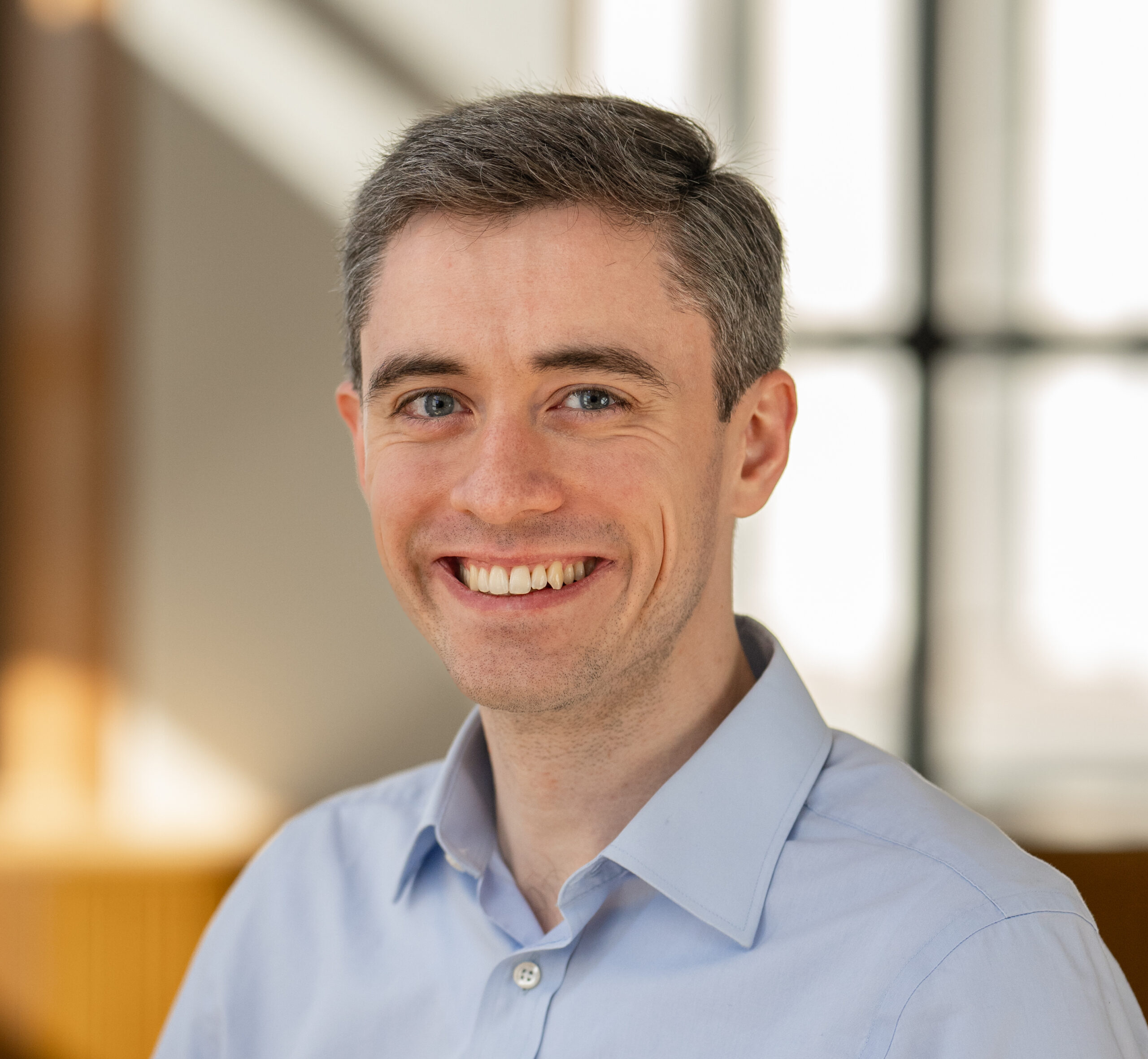Written by Connor Phillips, Ph.D.

In the fall of 2013, the US federal government shut down for 16 days amid a standoff between the Obama administration and congressional Republicans over funding for President Barack Obama’s signature Affordable Care Act healthcare legislation. At the time, I had just arrived on the campus of Duke University as a first-year student interested in studying political science. Specifically, I wanted to examine politics—a longstanding topic of fascination—in a more systematic way, uncovering the patterns that explained the headlines dominating the news. Observing the ongoing acrimony in Washington motivated me to focus on the topic of partisan polarization, beginning the intellectual and personal journey that has brought me to Vanderbilt.
After gaining valuable research experience working with Professors David Rohde and John Aldrich in Duke’s Political Institutions and Public Choice Lab on projects that investigated partisan conflict in the US House of Representatives, I started my Ph.D. in political science at Harvard University. There, together with Harvard Professor James Snyder and Stanford Professor Andrew Hall, I wrote a paper connecting polarization in Congress with state legislatures. We showed that polarization in state legislatures, which produce about half of the members of Congress, has created a more extreme pool of potential candidates across all types of congressional districts. Thus, the division in Washington is not solely rooted in national-level dynamics; it is intimately connected to the growing partisanship in state government.
My dissertation research analyzed the roots of this phenomenon with an emphasis on interest groups, organizations that advocate for particular policy changes. Although the media often highlights the role of groups like the National Rifle Association and the League of Conservation Voters in pushing the Democratic or Republican parties to take extreme stances on controversial issues, it is unclear how common or effective such behavior is. I addressed this problem by constructing a machine-learning model that uses campaign donation records to identify the groups that behave in an ideological fashion. With this model, I demonstrated that not only is ideological group behavior widespread, but state legislative elections also yield more polarized winners when ideological groups are more involved, a pattern supporting the idea that these groups play a key role in polarization.
Following a postdoctoral fellowship at Princeton University’s Center for the Study of Democratic Politics, which enabled me to deepen my understanding of interest groups in state politics, I was offered a postdoctoral research position in the Department of Political Science and the Center for Effective Lawmaking (CEL) at Vanderbilt, working with Professor Alan Wiseman. The CEL seeks to measure and explain legislative effectiveness in Congress as well as state government. Currently, I am updating the CEL’s effectiveness scores for state legislators through 2024, an undertaking that has allowed me to expand my perspective on legislative politics by immersing myself in the complexities of each state’s policymaking process and to generate new research ideas exploring the intersections among legislative effectiveness, polarization, and interest group activity. In addition, I have begun collaborating with Professor Wiseman on a project scrutinizing the relationship between legislative effectiveness and questioning election results.
I had long known Vanderbilt’s Political Science Department by reputation as a collection of outstanding scholars, but since coming to campus I have learned that it is also an incredibly warm and welcoming community. Through my work with the CEL and interactions with Vanderbilt colleagues, I have formed genuine connections that will continue to enrich my professional life as I transition to the next stage of my career. Specifically, this summer I will be returning to my hometown of Pittsburgh to join Carnegie Mellon University as an Assistant Teaching Professor in its Institute for Strategy & Technology. Although I am departing Nashville soon, I will always remain profoundly grateful for the chance to be a part of Vanderbilt.